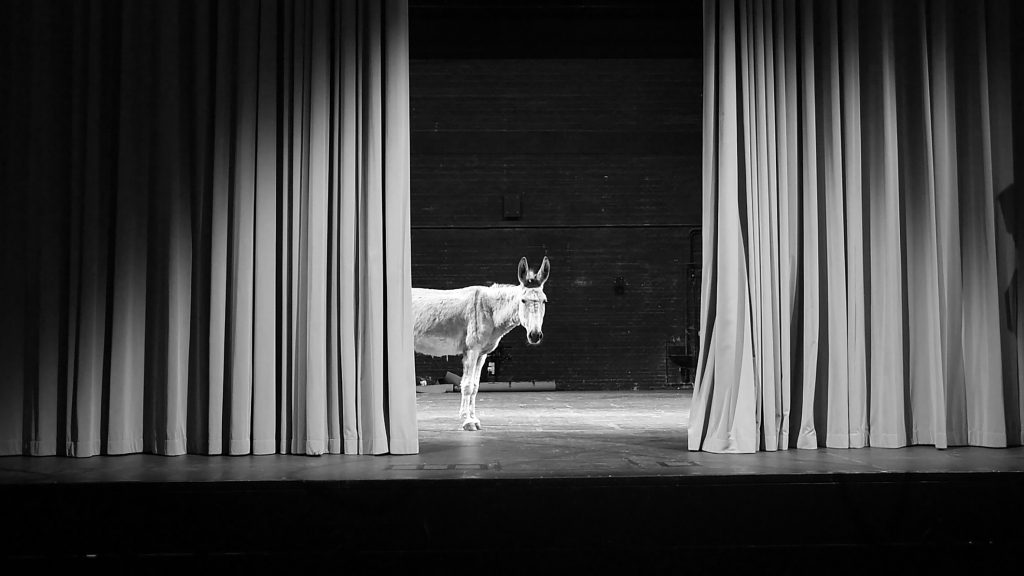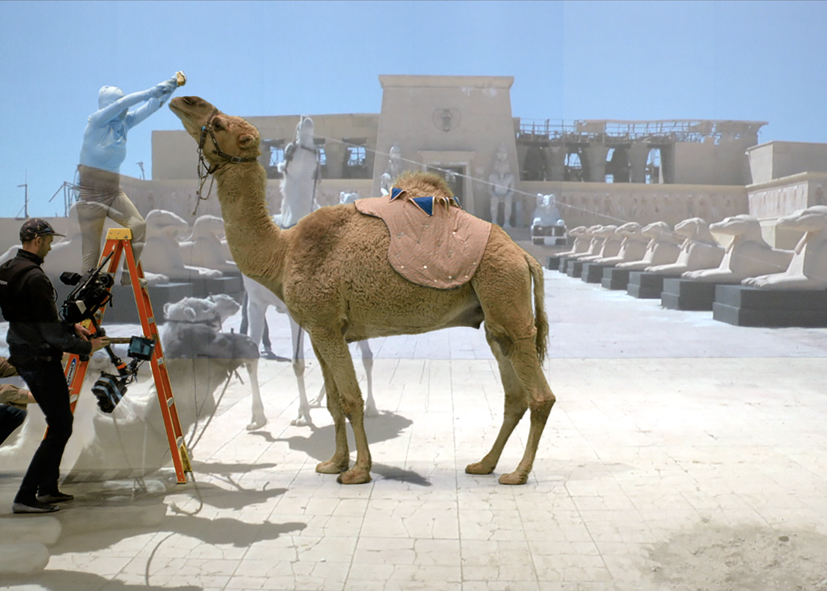Atlas/Insights
Atlas/Insights consist of a series of performative lectures, screenings, and debates related to topics covering the research behind the performance Atlas Revisited.
Atlas/Insights
wishes to open up artistic research; by bringing together different disciplines for screenings, discussions, and performative events on a completely free evening, under the roof of a theater.
08.11.2016 – The Revolution Will Be Televised
The cellphone camera has emerged as arguably the most ubiquitous and powerful tool of recent social and political movements. Its ability to infiltrate violent situations and quickly, even immediately share footage worldwide has made this portable technology both a weapon of war and a veritable means for change. But what are the limits of its capabilities and the potentially negative effects of its speed? Does the immediacy of this recent video format subvert more structural and potentially lasting means of achieving political change? Has it further activated us or rather turned us into spectators of political and social upheaval? And has its verité been perverted or merely glorified by popular culture and commercial footage, which increasingly appropriates the grainy aesthetic of public unrest?
The Pixelated Revolution by Rabih Mroué shows a Syrian man who, using his phone, films his own death by a sniper. A Levi’s ad restages a May Day protest in Berlin to promote its jeans. The Uprising by Peter Snowden uses documentary footage from the Arab Spring to create a fictional narrative of an imaginary revolution. What are the new revolutionary potentials and unforeseen pitfalls of these devices we carry around with us every day?
A screening and discussion with
Michiel Vandevelde (Choreographer, Antithesis, the Future of the Image) and Peter Snowdon (Filmmaker, The Uprising). With a screening of The Pixelated Revolution, a video lecture by theater director and artist, Rabih Mroué.
15.11.2016 – A-Political Animals
Animal Politics has traditionally been considered as a set of moral and ethical standards by which humans treat animals.But is this a one-way street or is there maybe another turn off down a hidden road where animals themselves perform and act politically? If so, what might they be able to teach us?
Philosopher and animal theorist
Fahim Amir has written and lectured extensively on animals. He writes about Ghost-Cows, sees Pigeons as ‘Angels of Fordism,’ and Pigs as ‘Animals of Resistance’. By unearthing a trove of rare historical accounts, urban myths, and art-historical references, Amir’s inquiries have lead to new insights into the ways in which animals shape our urban landscapes, transform our technological capacities, and influence new forms of subjectivity.
In this performative lecture, Amir combines storytelling with humor to bring beasts to the foreground of human history.
With an ongoing screening by
David Weber-Krebs (theater director, Balthazar) and Krõõt Juurak (Performances for Pets).
22.11.2016 – Animating Freedom
While the ubiquity of the cellphone camera has helped transform every moment into a potential image, we could also say that one of the aims of political structures, capital, and of power in general has been to develop techniques to become increasingly invisible. Or, maybe more precisely, to be both there and not there. The amorphous forms through which power is distributed creates a complex network of relations which are neither real nor fictional, but rather virtual.
What strategies are contemporary artists who make images developing in order to speak about this increasingly invisible world? How does it shift not only the content but the form of their work?
Recent examples such as the world’s first in Madrid in April, 2015 and the documentary video, by Harun Farocki, about the use of Virtual Reality not only for training but also to treat post-combat trauma in US soldiers, suggest that virtual technologies might propose illusive, immaterial tools with which to address, or escape from- illusive political circumstances.
Rabih Mroué - The Pixelated Revolution (Filmstill)

David Weber-Krebs - Balthazar (Filmstill)
Credits
By: Andros Zins-Browne
Production: Hiros
Supported by: Flemish Community Commission and Kaaitheater
